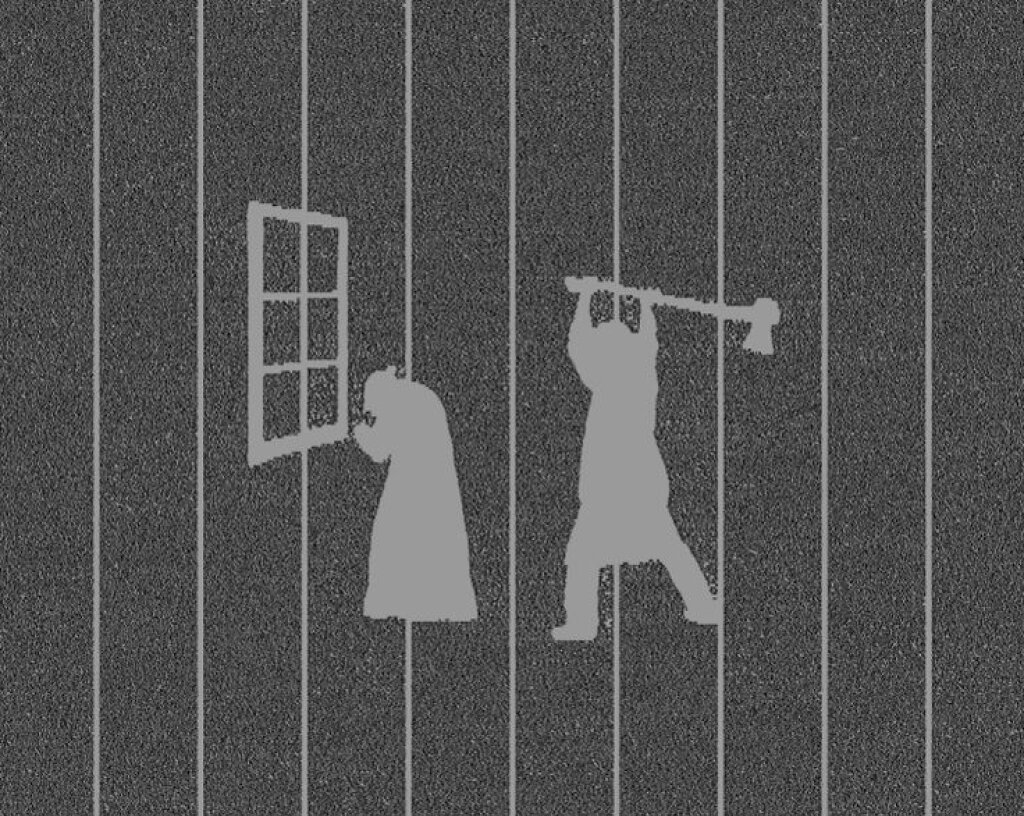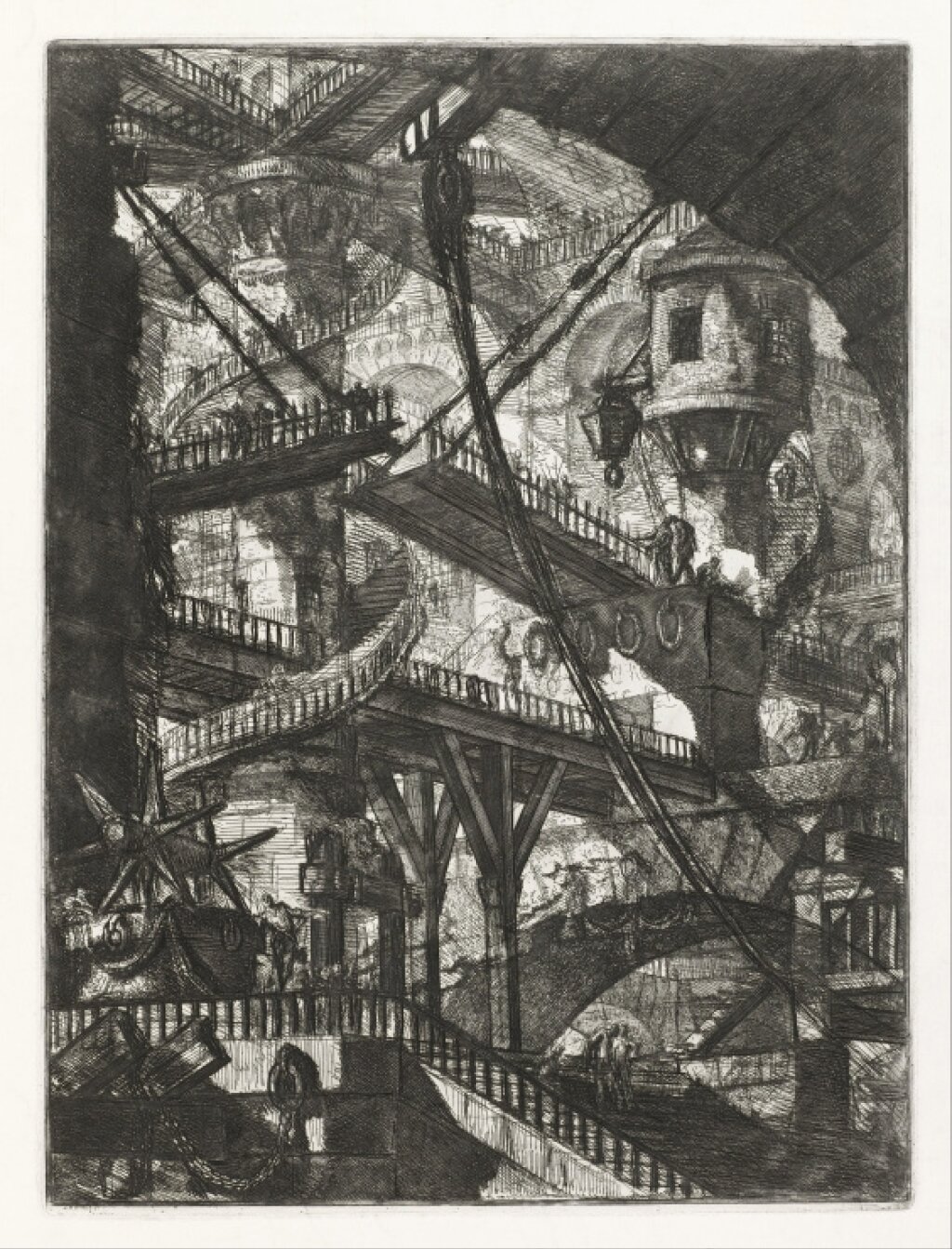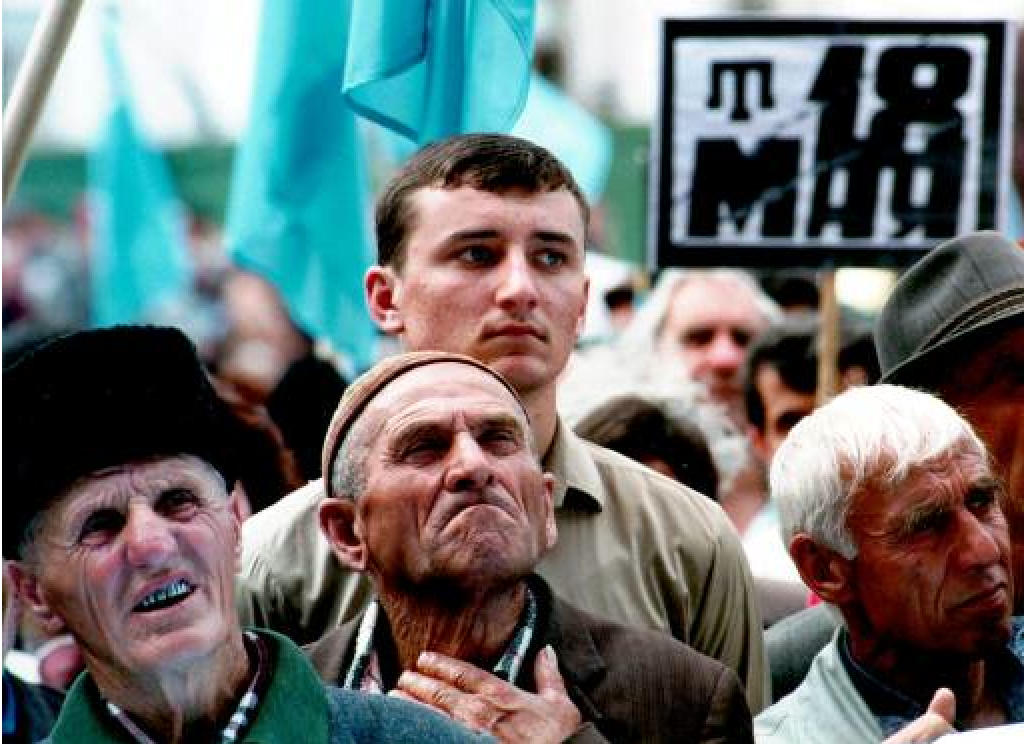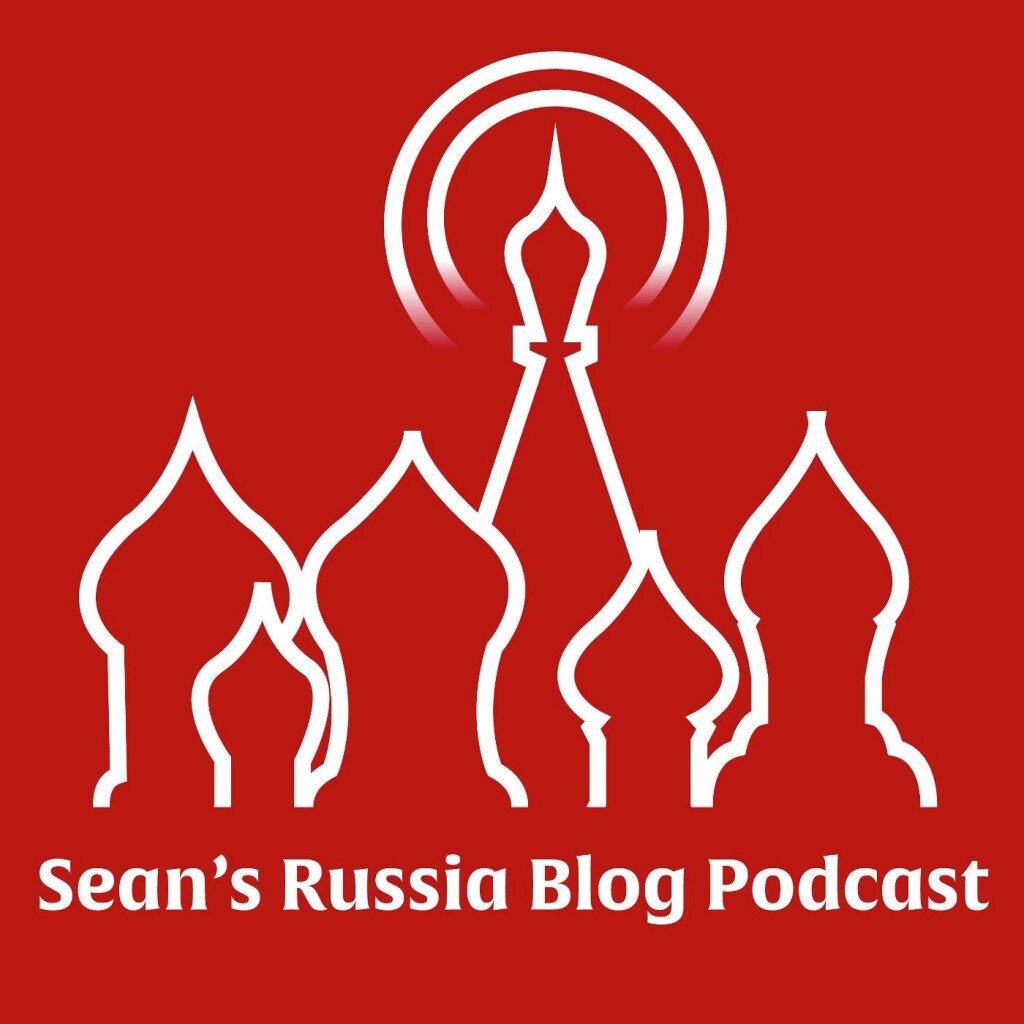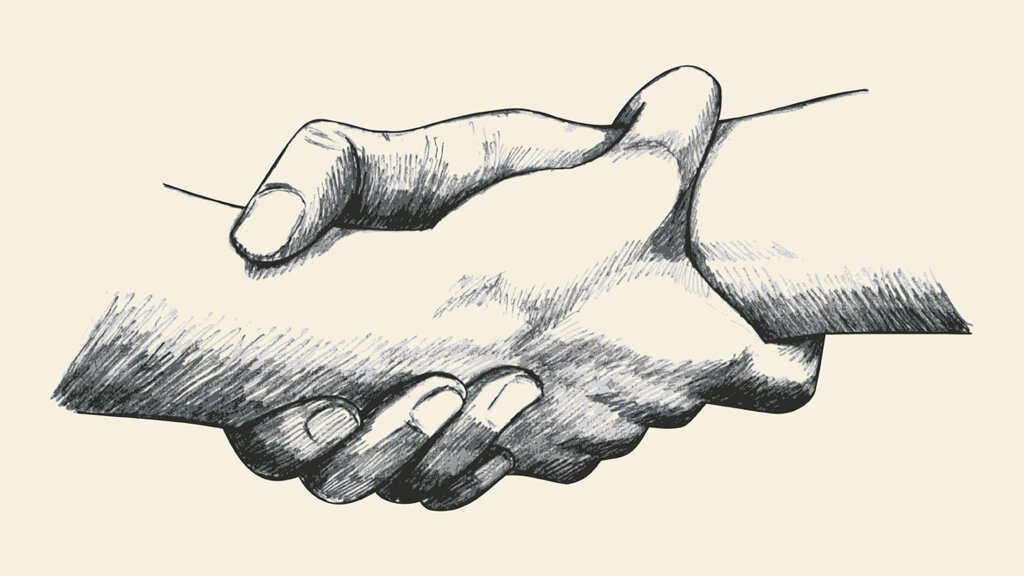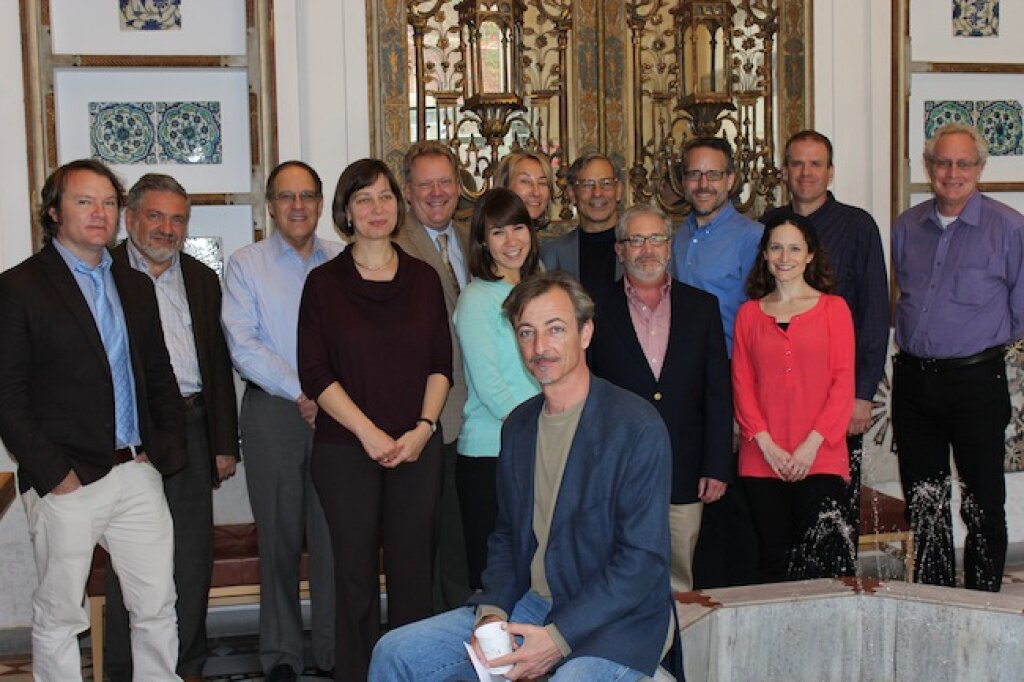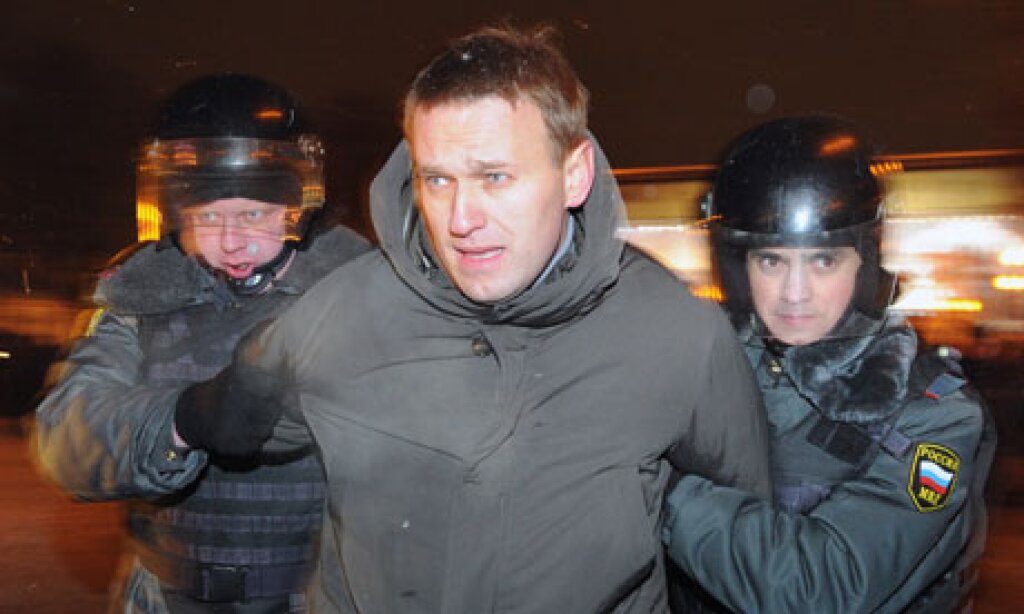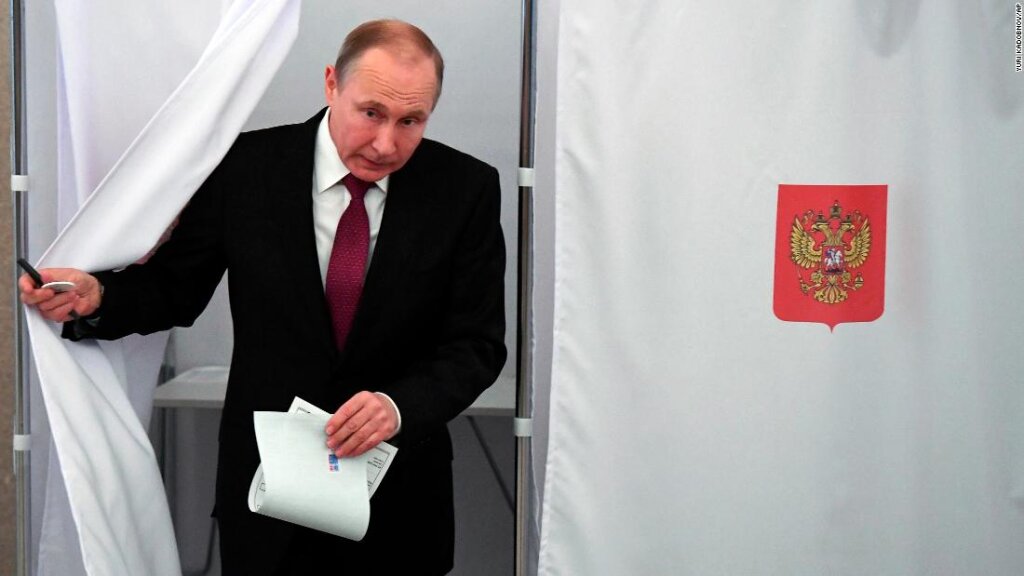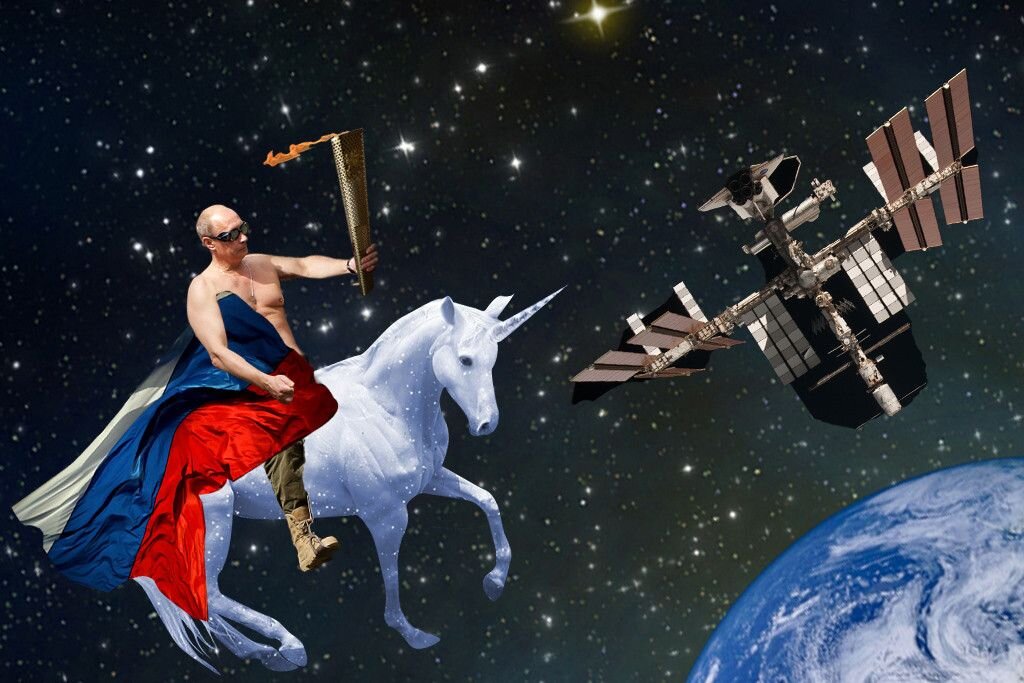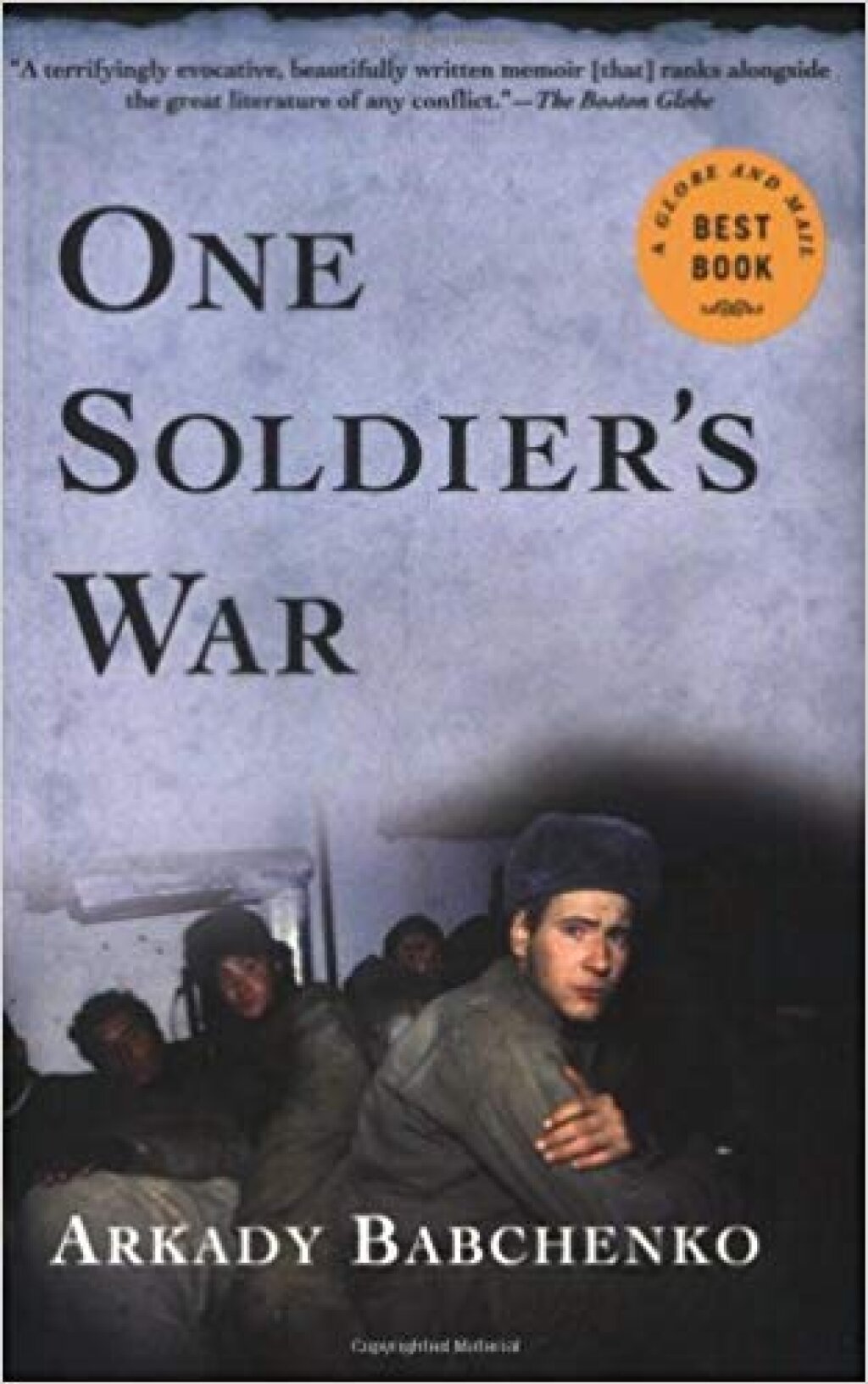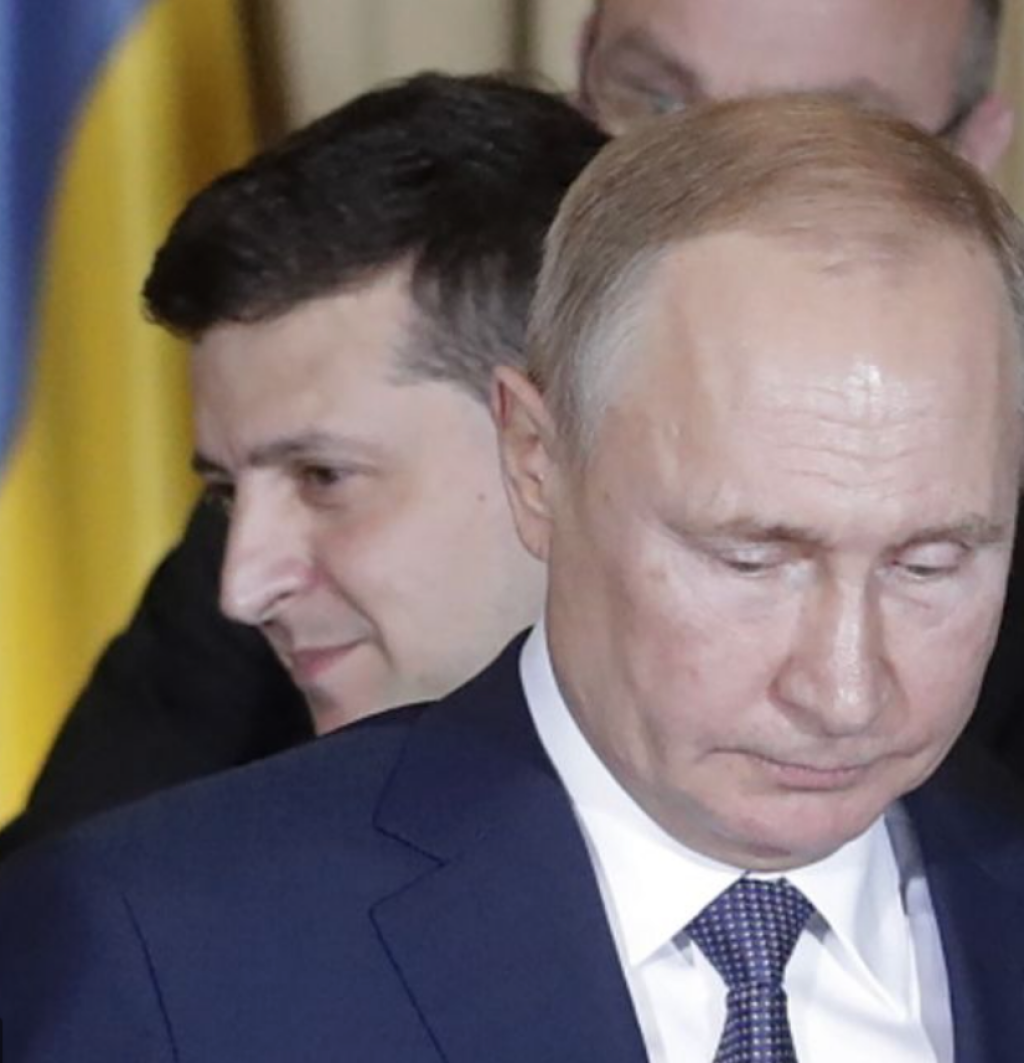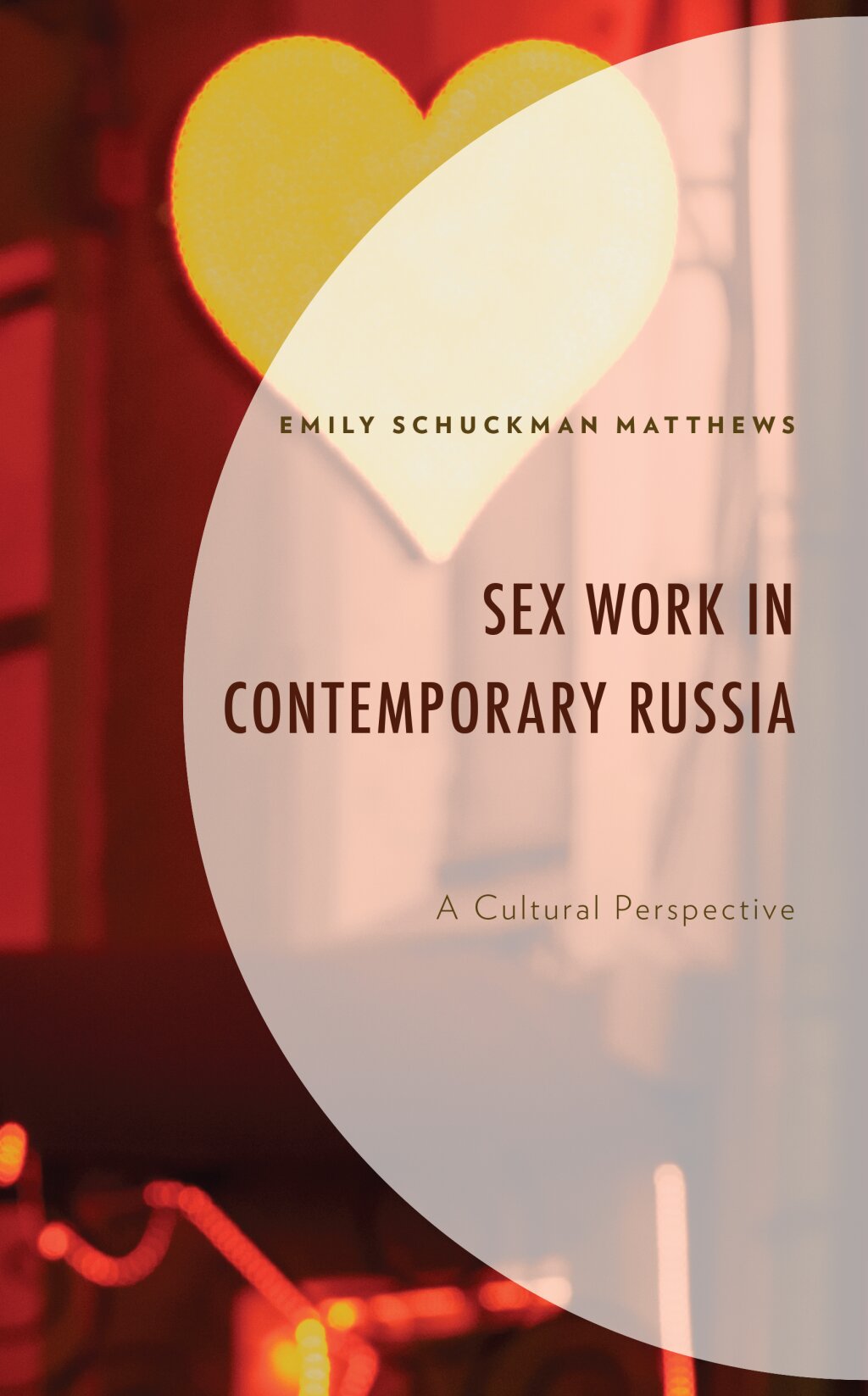Featured
Socrates in Russia, Part III
My chapter draws on Skovoroda’s metaphysics and epistemology to articulate a conception of Dostoevsky's Zosima as a Russian Socrates.
Diary of a Tweeter: On Golyadkin, Raskolnikov, and the Search for Empathy
I broke one of the @RodionTweets rules.
Rodion Raskolnikov, Your Tweet Archive is Ready
Two years ago, on May 1, 2016, the Twitter account @RodionTweets sent its first tweet. Since then @RodionTweets has livetweeted the events of Dostoevsky’s novel Crime and Punishment, broken into...
Twitterature in the Dostoevsky Classroom
My adventure with Twitterature began three years ago, when I began to work with the North American Dostoevsky Society as their social media curator. I began a twitter account for...
Tweets in the Fog: Time and the Crime and Punishment End Game
Once Raskolnikov confesses, then what happens?
Why the international community shouldn’t ignore the Crimean Tatars
Early in 2014 the Russian annexation of Crimea caused international uproar. Subsequently, things went quiet. Today, the media are paying attention again, as they reveal how local Russian authorities are...
Interview with Sean Guillory, Part I
"The sorry state of public discourse around Russia has led me to try to provide the most eclectic range of topics on my podcast. The idea is to show my...
Open Letter on the Termination of Russian Studies Faculty at Ohio University
Like you, we are wholeheartedly invested in the survival and recovery of higher education in the United States amid the COVID-19 pandemic. That recovery depends on the will of universities...
Governing Religion, Mobilizing Faith: Conference Recap
The Jordan Center's first all-day conference of the fall on Friday October 18th: "Governing Religion, Mobilizing Faith"
Love (Not Death): A Postmodern Tolstoy in Joe Wright’s Anna Karenina
Despite flaws of both execution and interpretation, this most recent adaptation displays a genuinely intelligent understanding Tolstoy’s novel.
The Final Battle between Good and Neutrality?
Today, the Leninskii District court in Kirov (what would those two Bolsheviks have made of it all?) is due to see the start of Alexei Navalny’s case, as he faces...
Talking with Scholarly Publishers (Historia Nova Prize Part II)
What advice would you give a young scholar when submitting a manuscript to your press?
Putin won reelection. Now he’s a "lame duck." What will that mean?
To nobody’s surprise, Russian President Vladimir Putin won reelection to a fourth term on March 18, by a wide margin. With Putin’s (last?) presidential election in the books, I reached...
What Was Postsocialism, and What Comes Next? (Russia's Alien Nations)
“Post-Soviet” is, initially, meaningless, but so was “Soviet”
The Khachaturyan Sisters and Russia’s History of Fighting Terror at Home
The case of the Khachaturyan sisters reads like one of Liudmila Petrushevskaya’s darkest tales. On August 2, 2018, Maria (age 17), Angelina (18), and Krestina (19) were arrested on charges...
"One Soldier’s War" and the New Literary War Hero
In literature and in real life, there is a new type of veteran. From the West’s GWOT (Global War on Terror) "hitters" to the generation Russia lost to Chechnya, the...
In Putin’s Vision of Ukraine’s Past, A Warning About Russia’s Future
On 12 July 2021, Russian President Vladimir Putin published a historical essay titled “On the Historical Unity of Russians and Ukrainians.” He frames the essay as a follow-up to a...
Malfunctioning Affective Infrastructures: How “Broken” Roads Become Sites of Belonging
Smoothly functioning infrastructures are unnoticeable; they attract attention only when they break down. However, even where infrastructures do not function as intended, they do not necessarily stop working altogether. Instead,...
Excerpt from "Sex Work in Contemporary Russia: A Cultural Perspective," Part II
The sex industry in Russia is multiethnic, with scholars estimating a significant number of female migrants (from Eastern Europe, the Caucasus, and Central Asia) working as sex workers, especially in...
“From Another Shore”: Zoom in Russian Literary Studies
Online technologies are, of course, a wonderful tool, but they do not solve the fundamental problems still discernible in our ways of conducting research on literature and culture in Russia...
Want to contribute a post? Pitch Blog Editor Maya Vinokour at jordan.center.blog@gmail.com!





